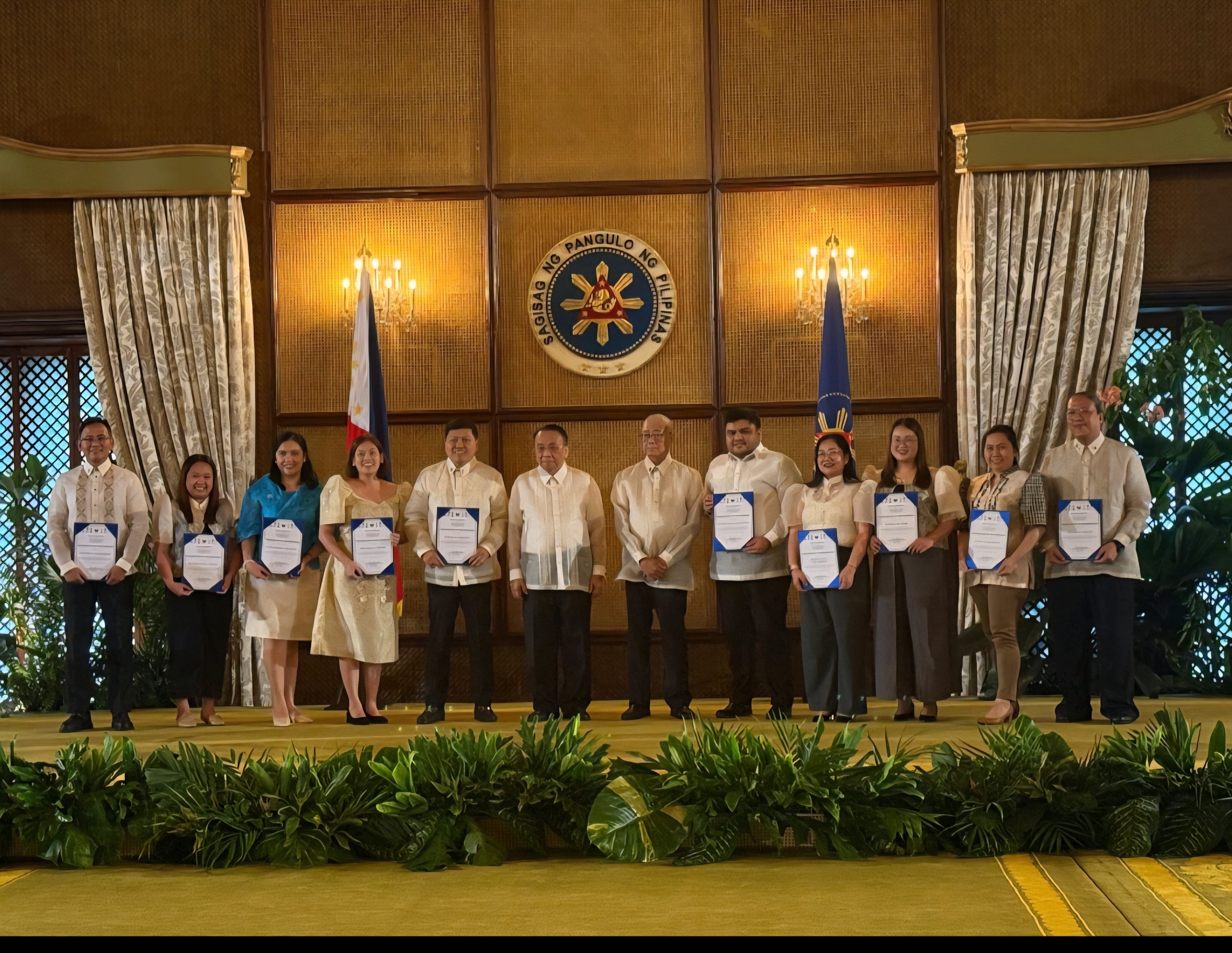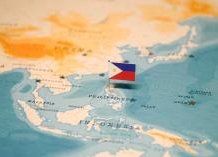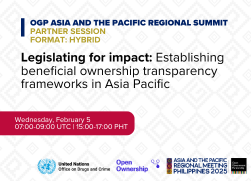Milestones and momentum: The journey of the Philippines in beneficial ownership transparency reform

Photo: The Securities and Exchange Commission of the Philippines Anti-Money Laundering Department receiving honors at the Malacanang Palace.
Credit: National Anti-Money Laundering/Counter-Terrorism Financing/Counter-Proliferation Financing Coordinating Committee of the Philippines
On 5 May 2025, Philippine President Ferdinand Marcos Jr. honoured individuals and institutions who were instrumental in removing the country from the Financial Action Task Force (FATF) grey list, also known as the list of jurisdictions under increased monitoring. The Philippines’ Securities and Exchange Commission (SEC) was one of the institutions recognised for its tireless efforts in improving the country’s implementation of beneficial ownership transparency (BOT) reforms.
BOT centres on identifying the natural persons who own or control legal entities. The collection of adequate, accurate, and up-to-date information on beneficial owners is a requirement under FATF Recommendations 24 and 25.
Journey to exit the grey list
The Philippines was first added to the FATF grey list in June 2021 due to shortcomings identified in its mechanisms to prevent illicit financial activities. However, through concerted national efforts, the country has made substantial progress in addressing these gaps and successfully completed an 18-item action plan set by FATF. It officially exited the grey list on 21 February 2025.
Through enhanced BOT mechanisms, the Philippines - through reforms spearheaded by government agencies such as the SEC, the Bangko Sentral ng Pilipinas (Central Bank of the Philippines), and the Anti-Money Laundering Council - has achieved:
- Increased coordination through financial intelligence: There has been a notable increase in the use of financial intelligence, including beneficial ownership (BO) information, across money laundering and corruption investigations and prosecutions.
- Enhanced access to BO information: Several government agencies now have access to BO information through data-sharing agreements with the SEC. The SEC has been at the forefront of driving policy reform to ensure that such information is accurate, up-to-date, and can be shared in a timely manner for a variety of purposes beyond anti-money laundering and illicit financing. This includes law enforcement, procurement, and tax revenue mobilisation.
- Improved counter-terrorism financing mechanisms: The identification, investigation, and prosecution of terrorism financing cases has increased by unmasking control of legal entities, such as shell companies, trusts, and intermediaries, which are used to move funds.
- Non-profit organisation sector measures: Appropriate measures have been taken to address corruption in the non-profit sector without disrupting legitimate activities, such as mandating BO disclosures and tracing BO chains.
Open Ownership, in partnership with the United Nations Office on Drugs and Crime and the Extractive Industries Transparency Initiative, has provided long-term technical assistance to the Philippines in implementing BOT reforms.
At a recent signing of a BO data-sharing agreement between the SEC and the Procurement Service of the Department of Budget and Management, SEC Chair Emilio Aquino expressed gratitude to partners, including Open Ownership, for bringing global expertise to the Philippines. He said, “their expertise and resources continue to shape our policies and programs, ensuring we meet international standards while addressing our unique local context.”
Next steps
On 6 May 2025, the SEC launched its fourth wave of digital initiatives. This includes the SEC’s centralised, digital BO registry known as HARBOR (Hierarchical and Applicable Relations and Beneficial Ownership Registry), one of its flagship projects. Once deployed, HARBOR aims to streamline the submission of BO ownership information and provide authorised users with timely access to the information.
At the same time, the SEC has been reviewing its existing BO policies to support this initiative. By harnessing technology and policy in tandem to push for greater transparency and efficiency, the Philippines continues to make marked progress in strengthening its fight against money laundering and corruption, safeguarding procurement integrity, and fostering fair competition.
The Philippines’ removal from the grey list and launch of HARBOR reflects years of coordinated efforts to align with global financial standards, and its commitment to transparency and financial integrity. Open Ownership recognises this significant milestone for the Philippines and commends the SEC for its continual efforts to improve transparency and enhance the disclosure of BO information.
This achievement strengthens the Philippines’ financial system and boosts economic growth, and sets a precedent for other countries in the region on their BO implementation journey. As we celebrate this success, we look forward to maintaining the momentum and continuing to support the Philippines in its efforts towards greater BO transparency reform.


